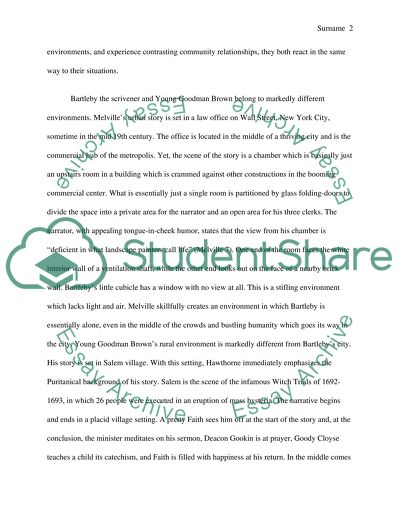Cite this document
(“Bartleby the Scrivener and Young Goodman Brown Essay”, n.d.)
Bartleby the Scrivener and Young Goodman Brown Essay. Retrieved from https://studentshare.org/literature/1469873-analysis-essay
Bartleby the Scrivener and Young Goodman Brown Essay. Retrieved from https://studentshare.org/literature/1469873-analysis-essay
(Bartleby the Scrivener and Young Goodman Brown Essay)
Bartleby the Scrivener and Young Goodman Brown Essay. https://studentshare.org/literature/1469873-analysis-essay.
Bartleby the Scrivener and Young Goodman Brown Essay. https://studentshare.org/literature/1469873-analysis-essay.
“Bartleby the Scrivener and Young Goodman Brown Essay”, n.d. https://studentshare.org/literature/1469873-analysis-essay.


